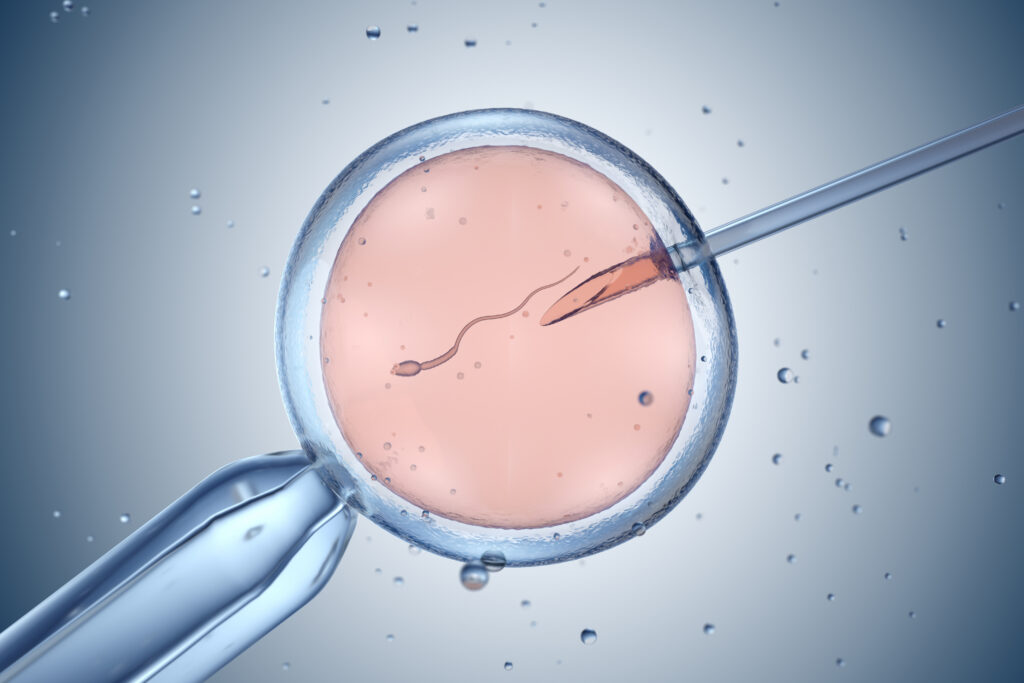Dr. Yamanaka’s Nobel Prize a Victory for Ethical Stem Cell Research
The Nobel Prize for Medicine awarded to Japan’s Shinya Yamanaka last month is a thoroughly deserved recognition of his groundbreaking work in regenerative medicine, work that just five years ago forever changed the way stem cell research is conducted around the globe.
It is also welcome recognition for a man who took seriously the ethical issues raised by new developments in medical research and addressed these issues in a manner that respected the dignity inherent in all human life.
Ever since human embryonic stem cells (hESCs) — those undifferentiated, pluripotent cells capable of forming every tissue in the human body — were first isolated in 1998, their therapeutic potential was widely — and wildly — hailed. And ever since they were first isolated they have also been mired in controversy, as the only way to obtain the cells was by destroying a living, human embryo.
There were some who simply dismissed outright any ethical concerns about destroying for research so-called “leftover” embryos from in vitro fertilization. Others, however, accepted the legitimacy of these concerns, but argued that given the therapeutic potential presented by hESCs, research using them should continue and should receive federal funding. This was the position taken by then President Clinton’s National Bioethics Advisory Commission (NBAC), the first presidential bioethics panel to recommend federal funding for human embryonic stem cell research (hESCR). Recognizing the ethical problems inherent in such research, the NBAC nonetheless endorsed it, but only on the condition that no viable alternatives existed. At the time — 1999 — NBAC judged they did not.
Shinya Yamanaka made it his task to find that alternative. And he was driven to do so not just by the scientific challenge presented, but by the ethical challenge as well.
Yamanaka believed that research that inherently depended on the routine destruction of human embryonic life could not continue and another way to obtain pluripotent stem cells had to be found.
In an interview with the New York Times, Yamanaka recalled looking at a human embryo through a microscope several years earlier: ”When I saw the embryo, I suddenly realized there was such a small difference between it and my daughters… I thought, we can’t keep destroying embryos for our research. There must be another way.”
Driven by these ethical concerns, Yamanaka discovered that other way. Taking an ordinary somatic (body) cell, such as a skin cell, Yamanaka, in 2007, announced a method to reprogram that cell back to an embryonic-like, fully pluripotent state. These cells were dubbed “induced pluripotent stem cells” (iPSCs) as they are created by inducing a somatic cell into becoming a pluripotent stem cell.
At the time, many saw in Yamanaka’s breakthrough a way to overcome the ethical controversies that had previously plagued research using pluripotent stem cells derived from the destruction of human embryos. From the outset, the ability to reprogram ordinary body cells back to an embryonic-like, undifferentiated, pluripotent state had been considered the “holy grail” of stem cell research. That is because the ability to reprogram ordinary body cells provides researchers with an almost limitless supply of readily obtainable, patient-specific pluripotent stem cells in an ethically acceptable, non-contentious way.
Yet despite this breakthrough, proponents of hESCR still insist it is essential if the field of regenerative medicine is to progress.
But this ignores the fact that hESCs were not crucial to Yamanaka’s achieving his Nobel- winning breakthrough. Yamanaka’s initial work in reprogramming cells utilized mice, not human, embryonic stem cells, and he used the same method for human iPSC production. According to him, “Neither eggs nor embryos are necessary. I’ve never worked with either.”
Proponents of destructive human embryonic stem cell research have all too often been quick to dismiss ethical concerns over the commodification and destruction of human life, concerns, they say, that represent an obstacle to the pursuit of science.
Shinya Yamanaka had the moral imagination to peer into a microscope and see his daughters reflected in embryos at the earliest stages of human life. For this Nobel Prize recipient, ethical concerns over destroying human life were not an obstacle to the pursuit of science, but motivation to excel at it.
Gene Tarne is a Senior Analyst at Charlotte Lozier Institute.
























